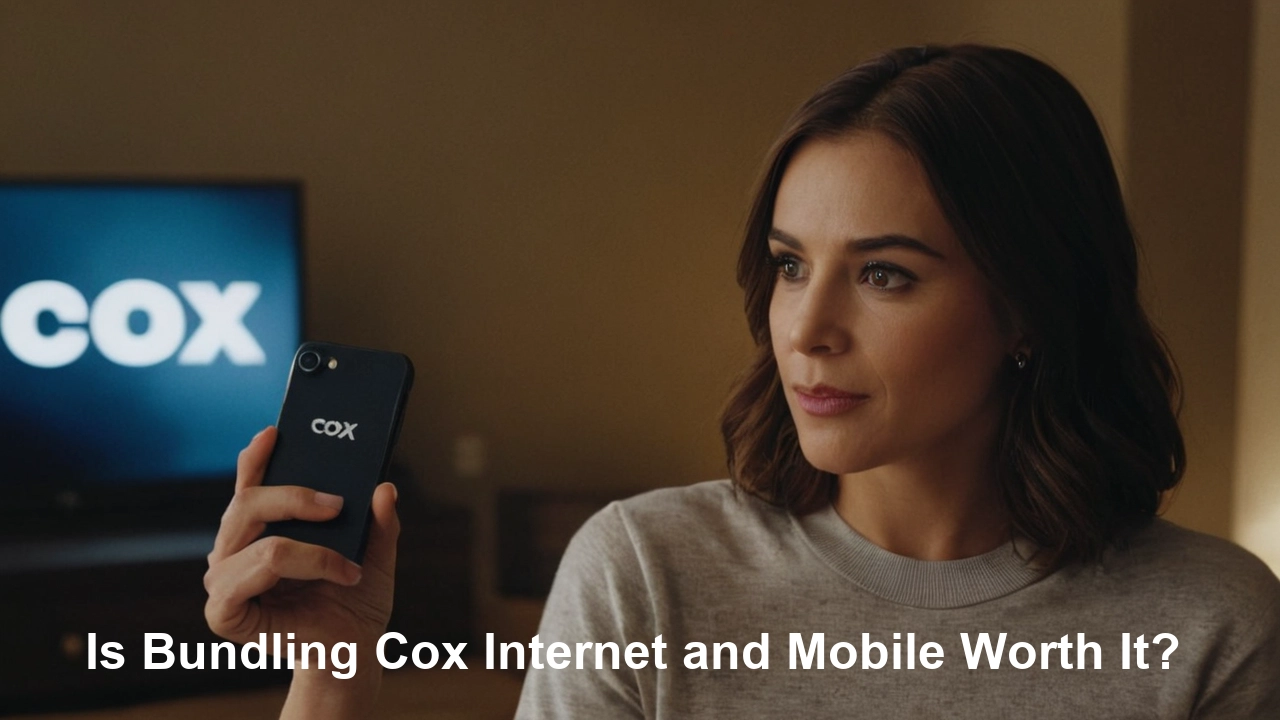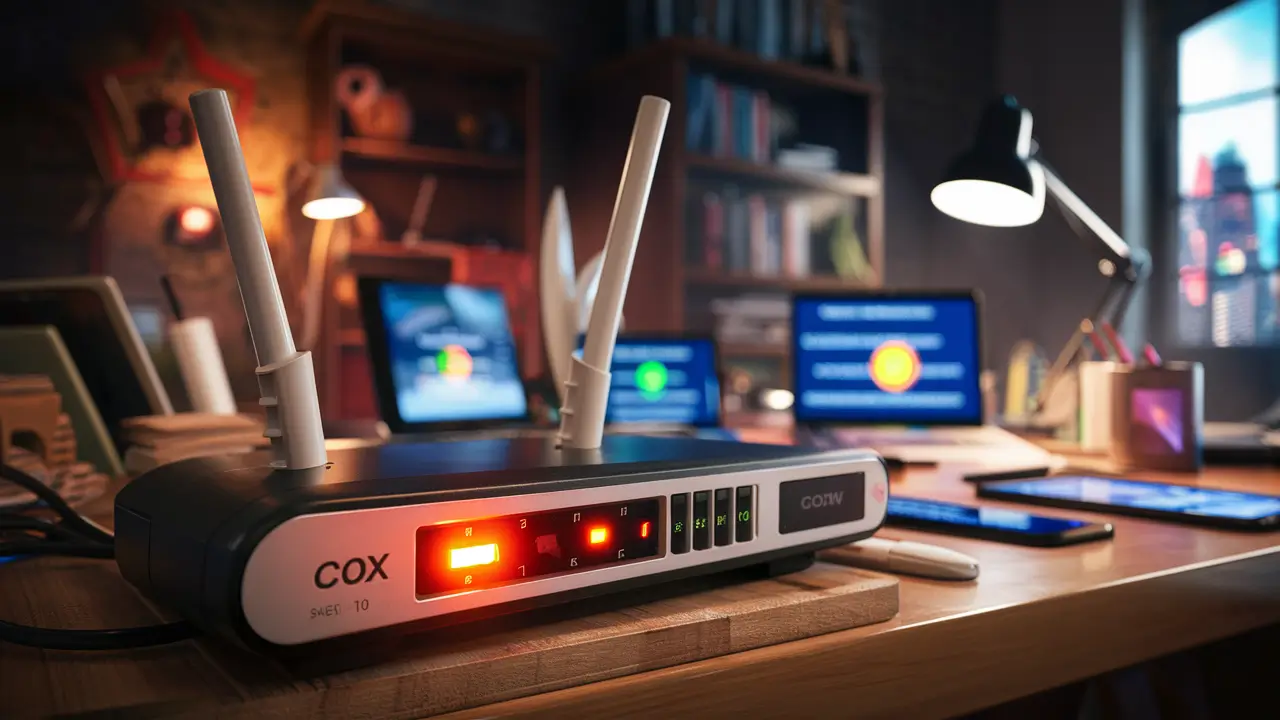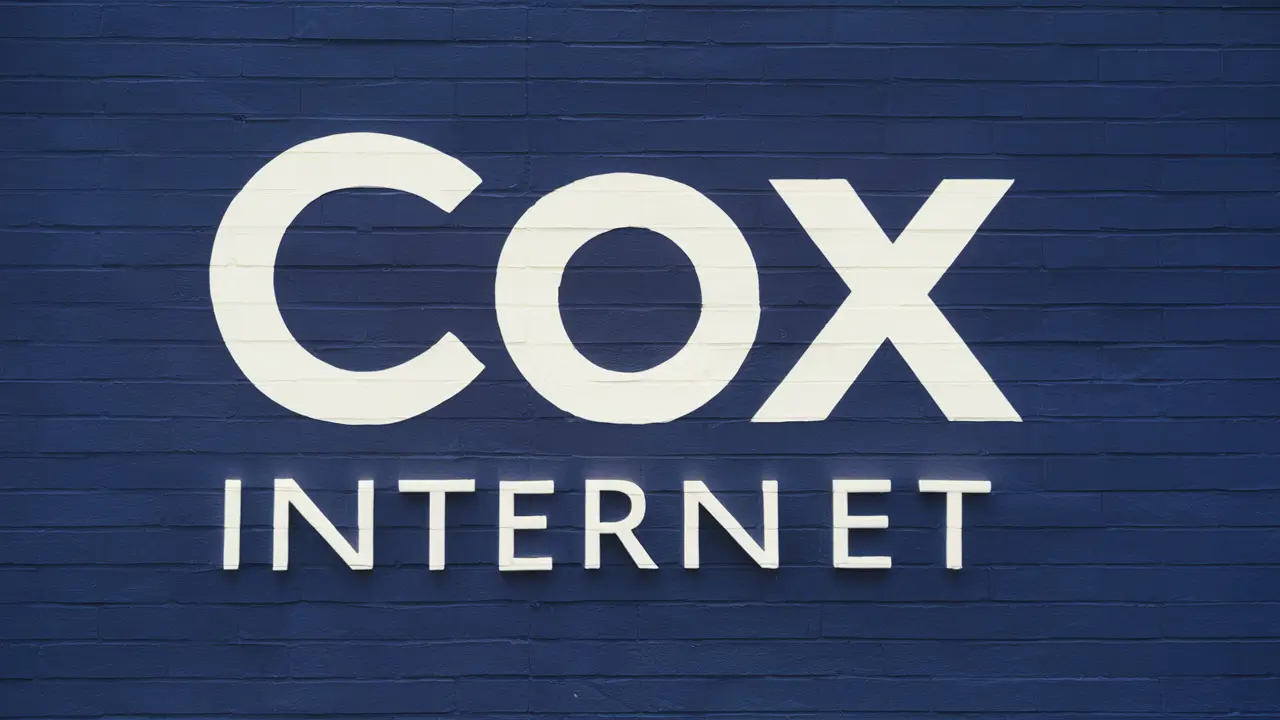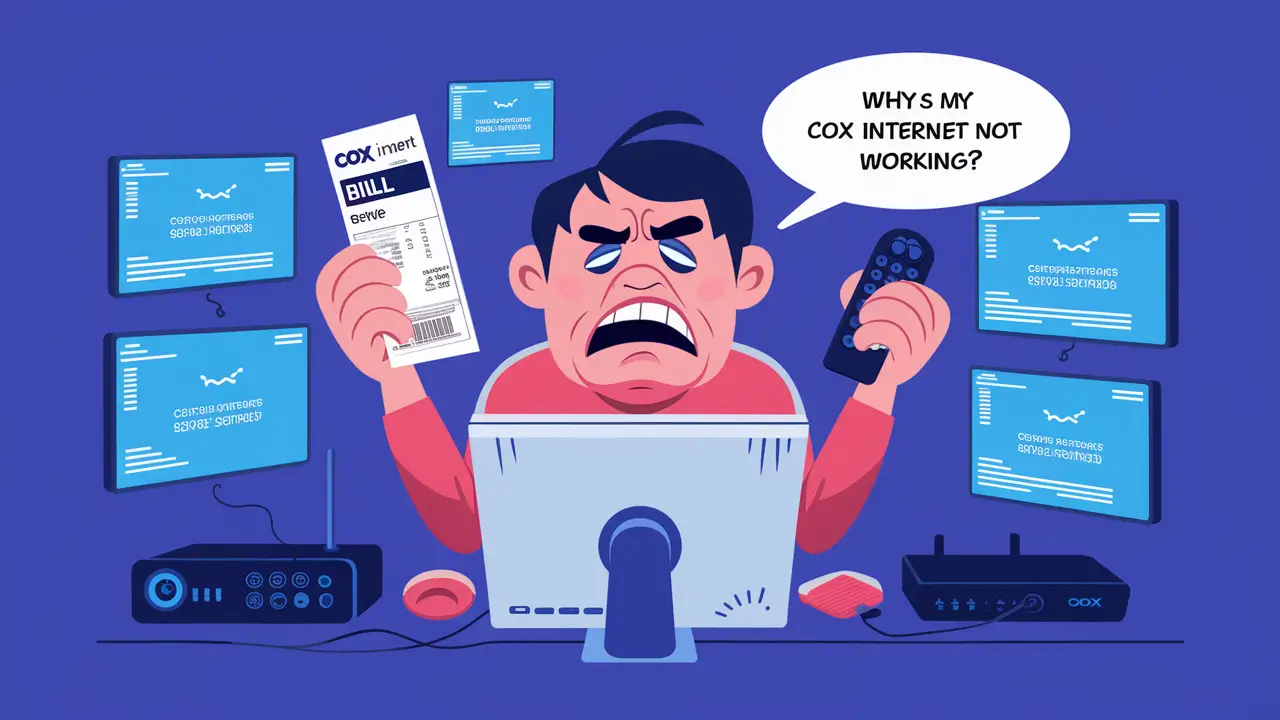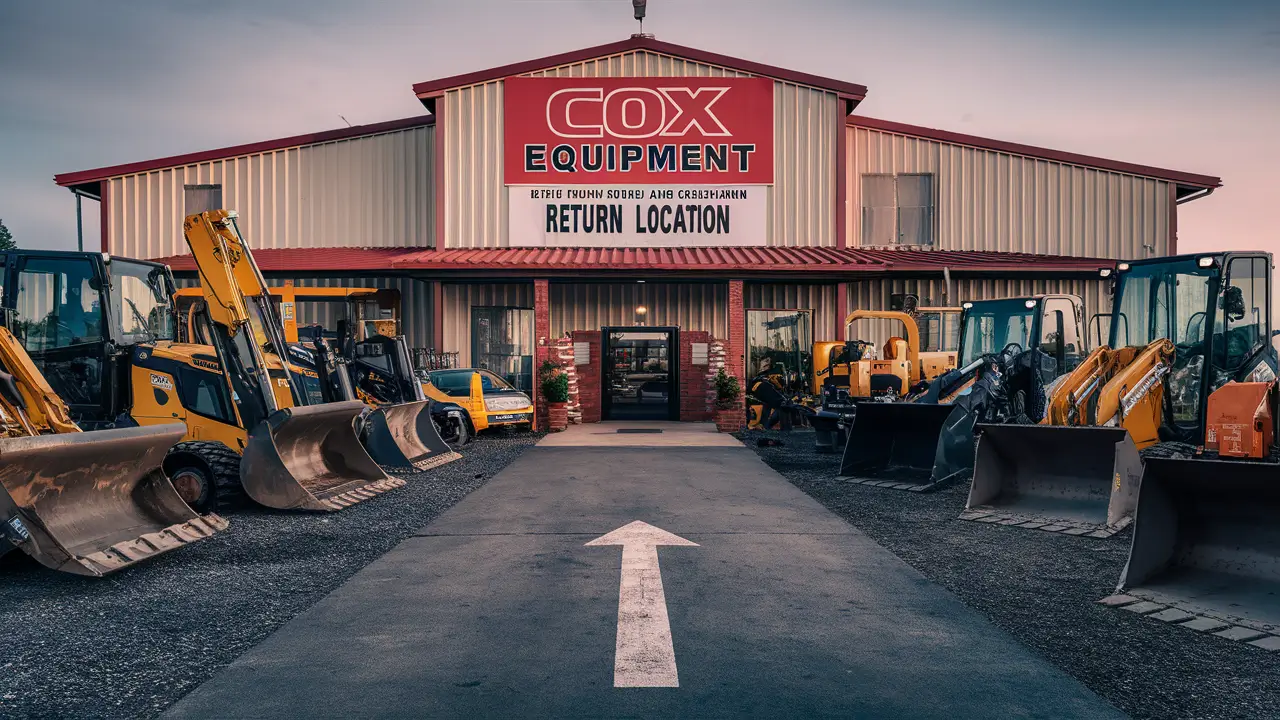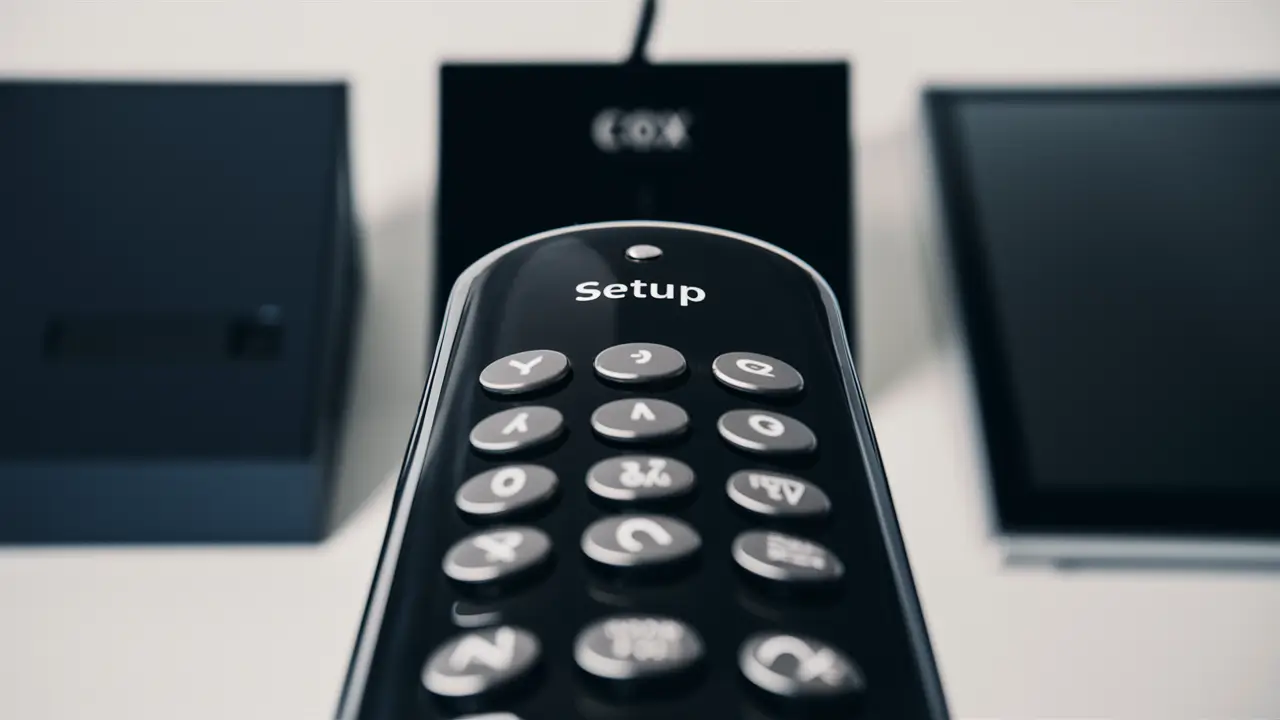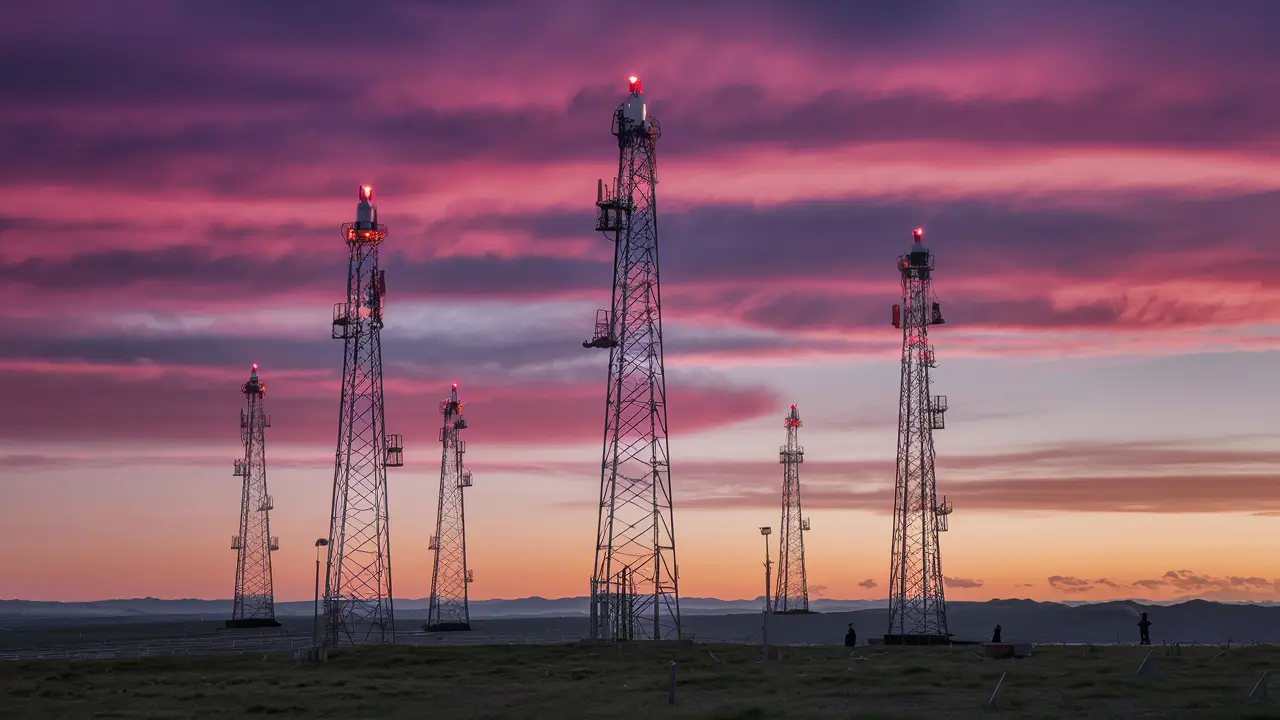
Cox Mobile is an emerging mobile operator that began offering service in 2021, relying on the networks of larger national wireless providers. But what towers and networks does Cox Mobile use to provide the service to its customers? Here is an overview of the carriers and infrastructure that powers Cox Mobile:
T-Mobile Network
Tethering Cox Mobile mainly depends upon T-Mobile’s national 4G LTE and 5G networks for its service provision. With a policy of mobile virtual network operators, Cox Mobile customers enjoy the T-Mobile network and infrastructure all over the United States.
This means that, like any other T-Mobile customer, Cox Mobile customers receive network coverage across 310 million people with 4G LTE in 1.6 million square miles across the United States. They also gain access to T-Mobile’s 5G network, which is fast-growing, with over 210 million people being served.
The T-Mobile network that Cox Mobile relies on operates with various spectrum bands such as 600 MHz, 700MHz, 1900 MHz, and others for its LTE and early 5G across the country. While T-Mobile adds support for new advanced 5G spectrum like 2.5GHz and mmWave, Cox Mobile customers can eventually get some of the highest 5G speeds via T-Mobile’s network.
So, in conclusion, it is essential to note that most of the towers and the other supporting structures that Cox Mobile has put in place to facilitate its cell phone service offering are owned by T-Mobile. The use of T-Mobile’s network to provide services enables Cox to attain vast coverage in a short span without having to invest in the construction of an independent network.
Verizon Network
While T-Mobile is their main infrastructure provider, Cox Mobile also has access to Verizon networks in some locations. The second MVNO strategy allows Cox Mobile to complement its network through Verizon Wireless cell sites if there are coverage gaps.
This means that customers may rely on Verizon’s nationwide 4G LTE and 5G Ultra Wideband network wherever T-Mobile has limited overlap. Cox Mobile users, in essence, have the greatest connection between both networks.
Cox can provide the fastest 5G speeds to Verizon when connected to Verizon towers using bands such as 700MHz, 1700 MHz, and mmWave frequencies above 24 GHz. Although the T-Mobile network is most beneficial since it has a larger coverage, Verizon offers the most advanced high-bandwidth 5G for Cox Mobile in some cities.
Cox Communications WiFi Network
Alongside the T-Mobile and Verizon cellular networks, Cox Mobile offers its customers the Cox Communications WiFi network. More than 500,000 WiFi hotspots owned by Cox are available across the United States; therefore, customers can easily access high-speed WiFi on the go in many locations for a better connection.
In a Cox WiFi hotspot, the mobile users transfer the mobile data to the WiFi network to reduce the utilization of the mobile data. This helps them conserve cellular data and can prove to be much faster in instances where Cox WiFi provides a good signal. Smart WiFi handovers are enabled, which allows your phone to switch to Cox hotspots without having to adjust your network settings while moving from one place to another.
The Cox WiFi network provides Wireless broadband internet connection and primarily employs common WiFi technologies such as 2.4 GHz and 5 GHz. Real-world throughput can vary significantly depending on signal strength and some of the WiFi hotspots can offer 100 Mbps or more. In any of the cases, the availability of the Cox hotspot network is beneficial to Cox Mobile users in the sense that it offers them an additional option.
Shared Nationwide Networks
However, unlike Verizon and AT&T, Cox Mobile does not maintain its own end-to-end bespoke cellular network. It mainly relies on T-Mobile’s network coverage to provide customers with coverage across America.
It is affordable to use the shared networks hence keeping the cost of providing the services such as Cox Mobile low. But it also means coverage and speeds are not fully under their control. When T-Mobile and Verizon develop or modify their network, Cox Mobile’s users will feel the effects.
Lucky for us T-Mobile and Verizon are investing billions each year on network expansions and thus the availability of 5G is increasing over time. This means that whenever those parent networks get an upgrade, enhancements will automatically extend to virtual operators such as Cox Mobile.
Strong Urban Performance
Despite these disadvantages, using the shared networks is beneficial in the case of Cox Mobile as it provides rather high mobile performance, especially in areas with a high population density. However, the latest data reveal that Cox Mobile outperforms not only other city leaders but also premium networks in terms of 5G download speeds in places like Chicago and Houston.
According to Ookla speed test data, Cox Mobile customers experience an average 5G download speeds of over 100 Mbps, for example in Chicago. That is significantly faster than the speed Verizon and AT&T customers enjoy in the Windy City. The same outperformance applies to Houston and other metropolitan markets that have the best 5G networks built.
That is something that illustrates the fact that even such mid-tier MVNO providers as Cox Mobile can sometimes outperform major postpaid brands in terms of average real-world speeds. Thanks to proper cellular network settings, Cox gets highly attractive mobile data speeds from the infrastructure belonging to T-Mobile and Verizon.
Rural Coverage Still Limited
However, it is also important to note that there are certain constraints to Cox Mobile’s current model of depending on other carriers for its network connectivity. While 5G connectivity in urban areas grows at an impressively high rate, rural users are likely to face issues with coverage.
For instance, both T-Mobile and Verizon have weak network coverage in rural areas, unlike AT&T and Verizon. As a result, in many rural regions and small cities, Cox Mobile users have a greater chance of being left with no 4G LTE or 5G signal. Sometimes it is even challenging to get a signal from 3G networks in remote countryside.
For this reason, Cox Mobile is not a suitable service for customers who frequently find themselves in rural areas. Since Cox has no rural network assets of its own, it cannot address small-town needs to the same extent as incumbent carriers. The company may target young people, especially gamers, truckers, and other rural travelers, but for them, it is better to choose more reputable national players.
The trade-off is very instructive on the implications of leasing infrastructure rather than having them: own. But for those who live in suburban areas or cities and spend most of the time indoors in areas with a stable population, the restrictions may not play a significant role.
Shared Infrastructure Delivers Value
Cox is a new cost-efficient mobility operator that uses T-Mobile/Verizon networks; for an affordable price without a hefty monthly charge, Cox Mobile has a lot to offer. Thus, customers can enjoy 5G speed comparable to premium brands because network optimization has paid off for Cox.
However, there are also some disadvantages of the utilization of rented infrastructures as well, of course. Potential subscribers who frequently require rural reception should verify that Coast Mobile has provided accurate maps before switching. However, all in all, most of the consumers who operate and reside in well-connected urban areas will be able to get an excellent connectivity experience at a relatively low cost compared to the general market price.
Thus, although Cox Mobile cannot maintain its coast-to-coast cell network, access to infrastructure from two of the largest carriers in the United States enables it to concentrate value and performance where they are most important – centers of high population density where users require bandwidth and capacity the most. When it comes to affordable mobile service for urban consumers, Cox is at the right price point without sacrificing quality.3
Call (844) 340-5111 to get a new Cox connection now!
Read More:
How many Ethernet ports does ATT fiber router have?
Is AT&T internet good for streaming?
Is AT&T TV being discontinued?
What is a good home Internet speed?
How long does it take AT&T to install fiber?
